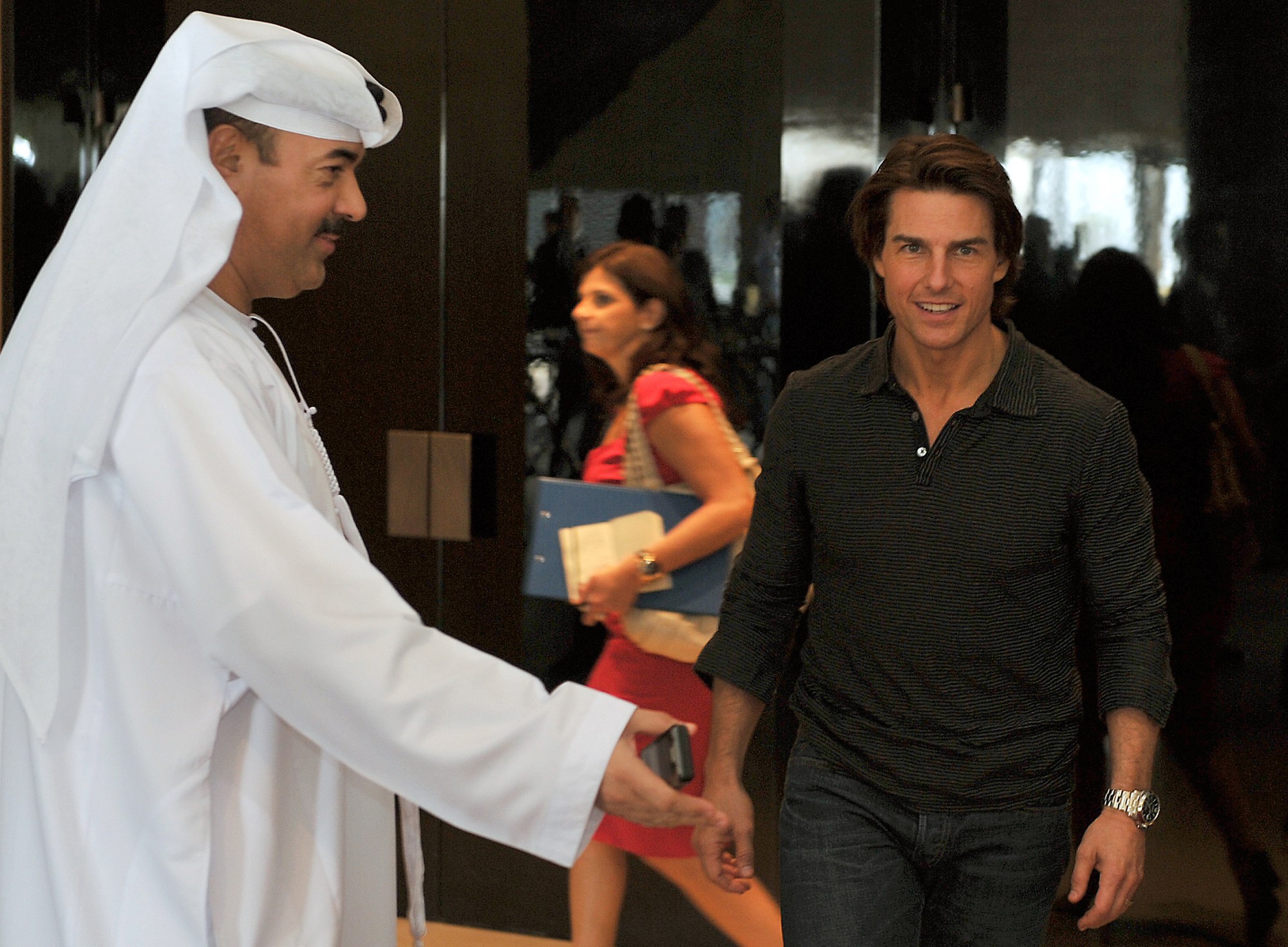
- Industry
Hollywood in the United Arab Emirates and Dubai
One in an occasional series exploring the state of Hollywood films in global markets.
In a report published by Northwestern University and the Doha Film Institute in 2014, based on a survey of residents in the UAE, Qatar, Lebanon, Egypt, and Saudi Arabia, half the respondents said they regularly watch Hollywood movies, but 34% said they were “harmful to morality.” Most of them approved censorship of films.
Cut to five years later and Avengers: Endgame, world box office champion, made almost $13 million in the UAE and Dubai. Joker has already made $6.5 million in three weeks of release. Comic book movies must apparently be exempt from the morality concerns, or the territories must have become more progressive in half a decade. Zombieland and Gemini Man are also in the top ten of box office receipts for the October 17-20 weekend, as are children’s movies Shaun the Sheep, Angry Birds 2 and Dora and the Lost City of Gold.
Censorship, of course, is very much present in the Middle East. Subtitles in Arabic are mandatory because of censorship laws, mostly done by Gulf Film in Dubai, the largest company in the Middle East doing this work on laser subtitling machines. Employees work on eight to ten films per week with an advance script, also modifying swear words and glossing over controversial red flags by softening the language. Government censors give the final okay for exhibition. The Wolf of Wall Street had 40 minutes cut for “foul language and explicit content.” Black Swan, Brokeback Mountain, and Love & Other Drugs were banned. Syriana had deleted scenes.
But in these tiny territories, Hollywood is a big deal. While certain films may be considered controversial and heavily censored, theme parks are benign. Warner Bros. opened a theme park in Abu Dhabi (UAE’s capital), inaugurated in 2018 by then-chairman Kevin Tsujihara. The Hollywood Reporter reports that it covers more than 6 million square feet, and has 29 rides, with areas like Gotham City and Metropolis from the DC universe and toon-towns from Looney Tunes and Hanna-Barbera.
Legoland is also popular in Dubai, as is IMG Worlds of Adventure featuring Marvel heroes and Cartoon Network characters. Motiongate is a Hollywood-inspired theme park featuring DreamWorks, Columbia, and Lionsgate titles. All opened since 2016.
Paramount is in the process of building a Hollywood-themed hotel in Dubai where the staff will be called Paramount Cast Members, and Hollywood movies will play in all the rooms, including the Godfather suite and the Great Gatsby suite.
But what brings Hollywood production to the UAE are the tax breaks lavished on filmmakers to make movies in the Emirates. Star Trek Beyond, Syriana, City of Life, Star Wars: The Force Awakens, Geo-Storm and Independence Day: Resurgence were all filmed in and around Dubai, famous for its space-agey skyline. And who can forget Mission Impossible: Ghost Protocol in which Tom Cruise climbs Dubai’s Burj Khalifa, the tallest building in the world – a stunt that took 23 days and required 400 crew members.
Fast and Furious 7 was shot in Abu Dhabi which offers up to 30% in rebates for production. Pierce Brosnan was recently there in 2018 to shoot The Misfits, as were Ryan Reynolds and Michael Bay for Netflix’s 6 Underground.
According to Variety, the Middle East as a whole is among the top ten global markets for Hollywood, and the UAE counts about 17 million movie tickets sold annually, with Dubai a hub for local distribution, including Bollywood titles which do well given the large expatriate population living there.
Netflix went live in the UAE in 2016 with limited programming. In January 2019, it launched the first Emirati drama, Justice, on the streaming service which tells the story of a young lawyer who gets her degree in the US, then returns home to start a law firm on her own as a defense attorney. While the series was created by Walter Parkes (He Named Me Malala) and William Finkelstein (L.A. Law and NYPD Blue), it was done in consultation with the Abu Dhabi Judicial Department based on real stories from the region. The series is in Arabic. While this is an acquisition, Netflix plans original programming as well.
The Dubai Film Festival was another reason for filmmakers, movie stars and press to make the trek halfway around the world. It launched in 2004 and was considered a very successful festival for showcasing Arab talent and bringing international filmmakers to the region, including Tom Cruise, Emily Blunt, George Clooney, Colin Firth, and Morgan Freeman. A film market was also added in 2007. The Hollywood Reporter even created the ‘Arab Cinema Personalities of the Year’ award in 2018, presented at the Berlin Film Festival to Abdulhamid Juma and Masoud Amralla Al Ali, founders of the Festival. But the 2018 edition was abruptly canceled with a vague statement about “redefining” it, and 2019’s has December dates on its website with broken links.

